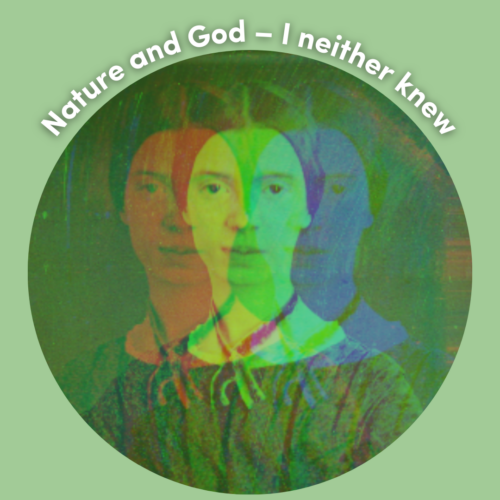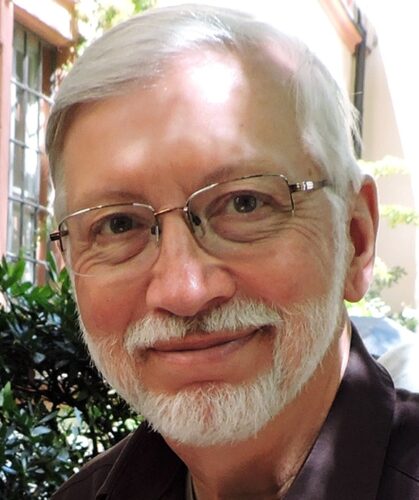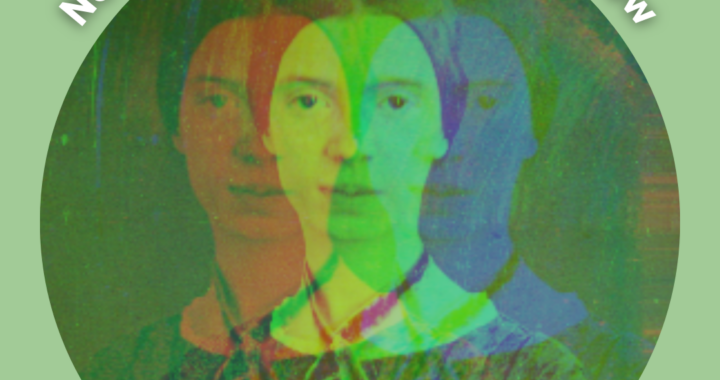VIRTUAL PROGRAM
 For any questions, please e-mail edmprograms@emilydickinsonmuseum.org
For any questions, please e-mail edmprograms@emilydickinsonmuseum.org
Registration is required for this virtual program and is offered on a sliding scale from $5 – $20. View the full educator workshop lineup.
Please select the ticket price that is right for you, and consider supporting the Museum and the participation of other educators through your purchase. Tickets are non-refundable.
Nature and God – I neither knew
Yet Both so well knew Me
They startled, like Executors
Of My identity –
Yet Neither told – that I could learn –
My Secret as secure
As Herschel’s private interest
Or Mercury’s Affair –
(Fr803)
Emily Dickinson’s opening claim in this poem is a bit disingenuous: her poems contain hundreds of references to nature and God. She “knew” them quite well, yet both continually “startled” her, and her true “identity” was an explorer of their “Secrets.”
Dickinson’s allusions to local flora and fauna, as in “The Lilac is an ancient shrub” and “A narrow Fellow in the Grass,” are well known, but her fascination with science extended to many fields, from astronomy (as in the Herschel reference above—he discovered Uranus) to geology (including five poems about volcanoes alone) to medicine (five about surgeons) to mathematics, technology, and many more (White).
Science, which she studied with great interest from her school days onward, and which was burgeoning with new developments during her lifetime, provided Dickinson the poet more than a rich technical lexicon and a trove of startling metaphors; it also offered a method for experimenting with spiritual problems.
In this workshop, we will read and discuss a range of Dickinson poems with scientific content and examine the ways they intersect with her lifelong struggles with religious faith, confirming or confounding her understandings of nature and human life. We will also explore contexts for teaching the “science poems.”
Work Cited: White, Fred D. “‘Sweet Skepticism of the Heart’: Science in the Poetry of Emily Dickinson.”College Literature, vol. 19, no. 1, pp. 121–128.

Bruce M. Penniman, Ed.D., taught writing, speech, and literature at Amherst Regional High School for 36 years and is still an advisor to the Sene-Gambian Scholars exchange program there. He served as Site Director of the Western Massachusetts Writing Project at University of Massachusetts Amherst, where he has taught numerous graduate courses for teachers. In 1999 he was named Massachusetts Teacher of the Year and finalist for National Teacher of the Year, and he is the author of Building the English Classroom: Foundations, Support, Success (NCTE, 2009). He has been a teacher curriculum mentor in all four NEH Emily Dickinson: Person, Poetry, and Place workshops and has facilitated discussions for the Emily Dickinson Museum’s Poetry Discussion Group on topics ranging from “Emily Dickinson and the Bible” to “Emily Dickinson and Science.”
Questions?
Email edmprograms@emilydickinsonmuseum.org
